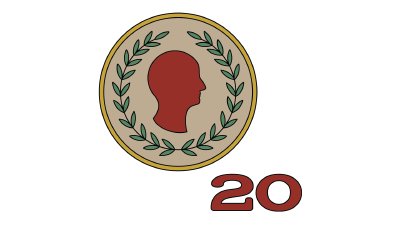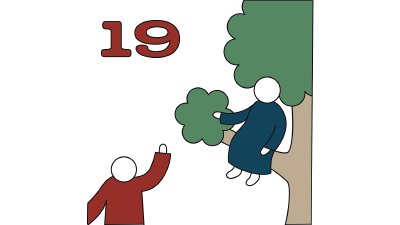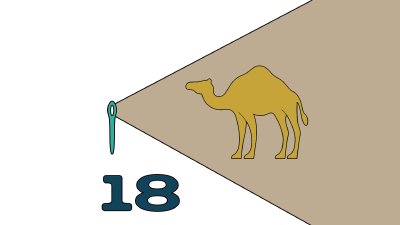The Pharisees question the disciples picking grain on the Sabbath. Note how Jesus responds: 1) He appeals to the account of David's actions in 1 Samuel 21, pointing out the King also did the same when he ate the shewbread (see also Mt.12:3-4), 2) The Sabbath law of rest did not apply in every situation (see Mt 12:5) - the law of Moses allowed and even commanded certain works to be done on the Sabbath, 3) Jesus noted that He is greater than the Sabbath (see Mt.12:6), 4) He/God desires goodness over sacrifice (see Hosea 6:6), and 5) Jesus is Lord of the Sabbath. The Rabbis had totally misconstrued the purpose of the Sabbath! Jesus then does healings which go back to prophecies in Isaiah proving He is the prophesied/looked for Messiah.
Next, after spending a night in prayer, Jesus chooses His disciples. He then teaches them, and the crowds who were listening, how their relationship with God and their fellow man should be, in the Beatitudes.
Lastly, Jesus continues to give instructions clearly applicable to the church today regarding judgment. Followers of Jesus are not to use “man-made rules” as the criteria for measuring ones spirituality; the benchmark is the Scriptures as the only proper basis for judging. Although not commonly thought or understood, as Christians, we DO make judgments, but only as we are able to see clearly through the lens of Scripture to do it.
Questions for Reflection:
Which is harder for you to do - love your enemies, or be sinfully judgmental toward other Christians? Why would you say one is harder for you than the other? Ask for God's help today to help you love others with both Grace and Truth.







